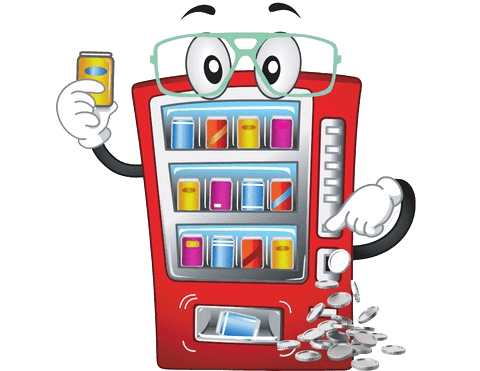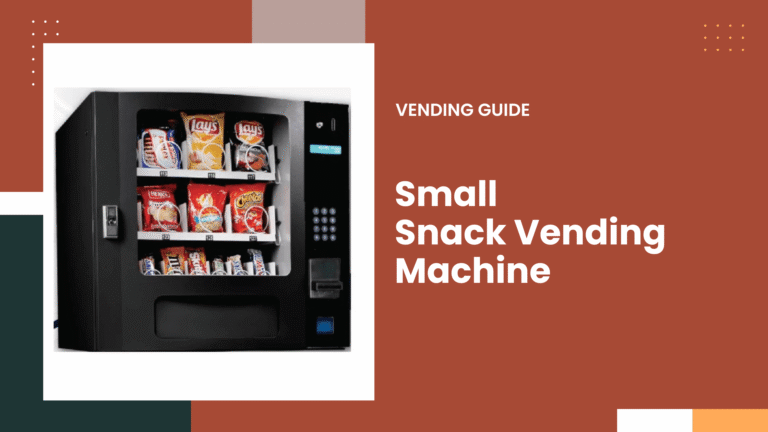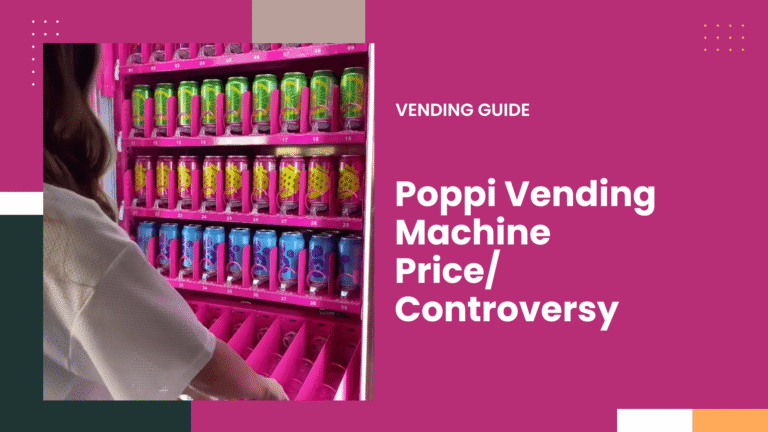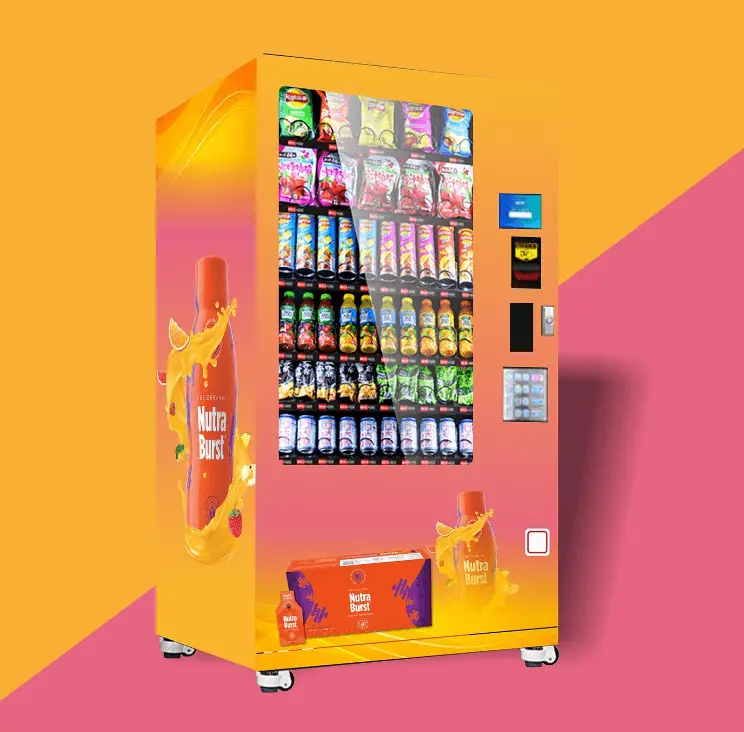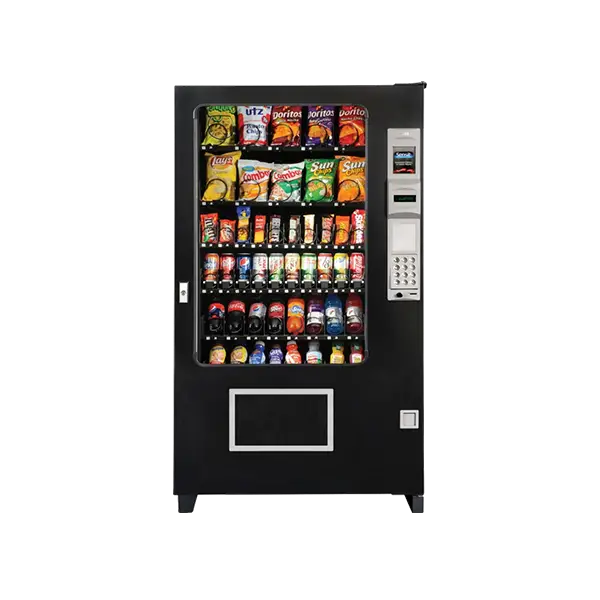Weed Vending Machine | Launch Your Cannabis & CBD Business
Weed Vending Machine: Start earning fast with Cannabis and CBD Vending Machines. Easy setup, high-profit potential.
Cannabis And CBD Vending Machines: Legality, Licensing, Setup, And Profitability
Tap a state code (e.g. CO) to view a short note
High-level conservative notes will appear here. This is a general guide — verify current statutes and local rules before acting.
Intro
Vending machines are no longer just about snacks and soda. In states where laws permit, they now also dispense cannabis and CBD products. These machines are part of a growing push toward convenience, automation, and security in the retail side of the cannabis industry. But unlike chips or drinks, selling cannabis requires navigating a complex mix of regulations, technology, and business strategy. This guide breaks down how cannabis vending machines work, what’s legal, what’s not, and what entrepreneurs need to know before jumping in.
Legality Across the U.S.
The first and most important point: cannabis vending is only possible where cannabis itself is legal. • Recreational + Medical States: States like California, Colorado, Nevada, Oregon, and Massachusetts allow adult-use cannabis sales and have started experimenting with vending machines — though usually inside licensed dispensaries, not in public spaces. • Medical-Only States: Places like Florida, Pennsylvania, and New York allow medical cannabis, but vending machines can only be placed in licensed dispensaries with strict oversight. • CBD Products: Hemp-derived CBD (with less than 0.3% THC) is federally legal under the 2018 Farm Bill. That means CBD products can, in theory, be sold in vending machines across all 50 states — but state and local rules vary. Some jurisdictions restrict CBD food or beverages. Not Allowed: In states where cannabis remains illegal (Idaho, Nebraska, Kansas, among others), vending machines selling weed are not an option.
CBD in Vending Machines
CBD is far less restricted than THC cannabis. Gummies, oils, lotions, and drinks are often placed in vending machines in malls, airports, gyms, and wellness centers. Still, operators must check: • State-level restrictions on CBD-infused food and beverages • Local business licensing rules • Payment processing issues (many banks and card networks treat CBD as “high-risk”) For many entrepreneurs, CBD vending is a lower-risk entry point into the cannabis automation market.
Key Considerations Before Launch
Selling cannabis through a vending machine is not as simple as stocking sodas. Operators must address: • Security – Machines must be theft-resistant and often include cameras, steel enclosures, and alarm systems. • Age Verification – Biometric scanners, ID readers, or dispensary staff supervision are required in most THC markets. • Compliance Software – Machines often integrate with state “seed-to-sale” tracking systems like METRC. • Payments – Because cannabis is federally restricted, many machines run on cash or closed-loop debit systems. CBD vending has broader payment flexibility. • Location Rules – Cannabis vending machines cannot be placed in public schools, government buildings, or anywhere children congregate.
How the Machines Operate
Modern cannabis vending machines look like a cross between an ATM and a traditional vending unit. Typical workflow: 1. Customer verifies age (via ID scan, biometric, or staff oversight). 2. Product selection is made through a touchscreen menu. 3. Machine validates purchase against state compliance systems. 4. Payment is processed (cash or approved digital method). 5. Product is dispensed securely, often in prepackaged, compliant containers. For CBD-only machines, the process is simpler — often just a card reader and touch display.
Steps to Start a Weed or CBD Vending Business
Step 1: Research State Laws – Each state has unique cannabis vending rules. Check if vending machines are even allowed. Step 2: Form a Business Entity – Register an LLC or corporation, and secure tax IDs. Step 3: Apply for Cannabis Licenses – In THC markets, you generally need a dispensary license or partnership with one. Step 4: Secure a Location – Standalone machines are often banned; dispensary partnerships are the most viable entry point. Step 5: Choose a Machine Model – Pick a machine with compliance tech (ID scanning, METRC integration). Step 6: Install, Stock, and Launch – Follow security and reporting requirements from state regulators. For CBD vending, the process is shorter: business registration, location agreement, and machine purchase/installation.
Licensing Requirements
• THC Cannabis: You generally cannot operate a cannabis vending machine without a state-issued cannabis retail or dispensary license. Some states allow machines only within licensed dispensaries. • CBD Products: Standard vending or retail permits are usually sufficient, though labeling and testing compliance is required. • Costs: Cannabis retail licenses can run from $5,000 to $50,000+ in application and renewal fees, depending on the state. CBD vending permits are often under $500 annually, plus standard business licensing.
Where Machines Can and Cannot Be Installed
Allowed (in compliant states): • Inside dispensaries • Certain private clubs or cannabis lounges (where legal) • CBD machines in malls, gyms, airports, or universities (state permitting) Not Allowed: • Public schools and colleges (for THC) • Federal property (even in legal states) • Areas with child-heavy traffic (playgrounds, daycares) • Outdoor public sidewalks (unless specifically permitted)
Profit Margins and ROI
• THC Cannabis: Retail margins average 60–100% in dispensaries. Machines may run lower due to compliance and security costs, but still attractive. • CBD Products: Margins are typically 30–50%, depending on sourcing and branding. ROI depends on placement. A machine in a high-traffic dispensary could pay for itself in under a year, while a standalone CBD machine in a slow mall might take 2–3 years.
Leading Cannabis Vending Machine Brands
| Brand / Model | Key Features | Price Range |
|---|---|---|
| Greenbox Robotics | Touchscreen menus, biometrics, METRC integration, cashless options | $25,000–$40,000 |
| DispenseTree | Compact, ID verification, customizable branding | $15,000–$25,000 |
| American Green “AGM” | Facial recognition, large capacity, full compliance | $20,000–$30,000 |
| Grasshopper Kiosk | Modular design, supports both CBD & THC, card-ready | $10,000–$18,000 |
| MedBox (legacy) | Early entrant, mostly refurbished units now | $8,000–$12,000 |
Strong Barcode & ID Recognition
High-quality optics and robust image processing keep scans reliable even under challenging lighting and with worn labels.
Reliable Validation & Updates
Operator-updated databases keep the system aligned with current deposit/return program rules to avoid mistakes.
Seamless Rewards Integration
Vouchers, loyalty programs and apps are supported natively so user credits are smooth and traceable.
Engineered For High Volume
Built to handle frequent returns with minimal slowdowns — suitable for high-traffic retail and collection points.
